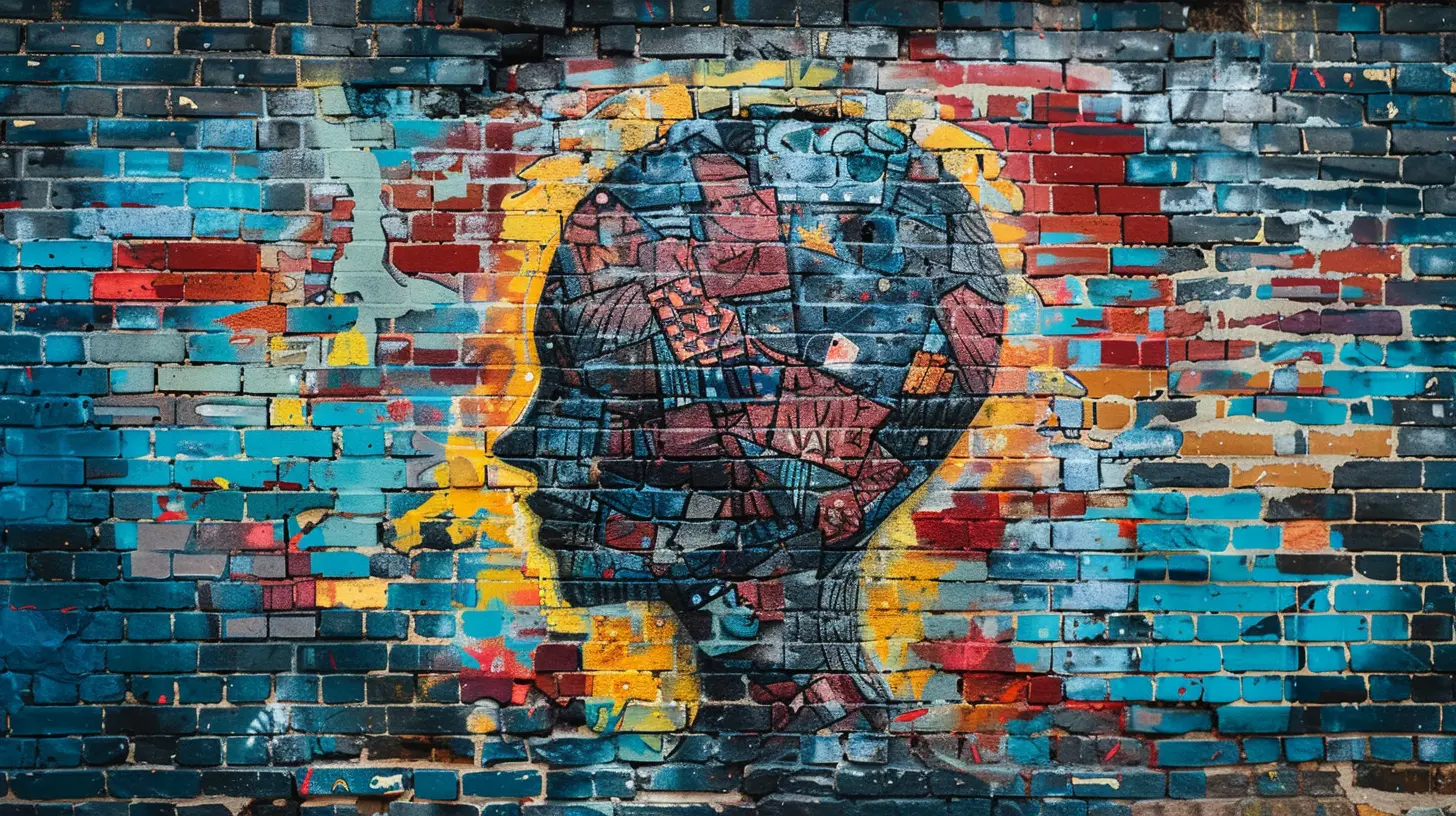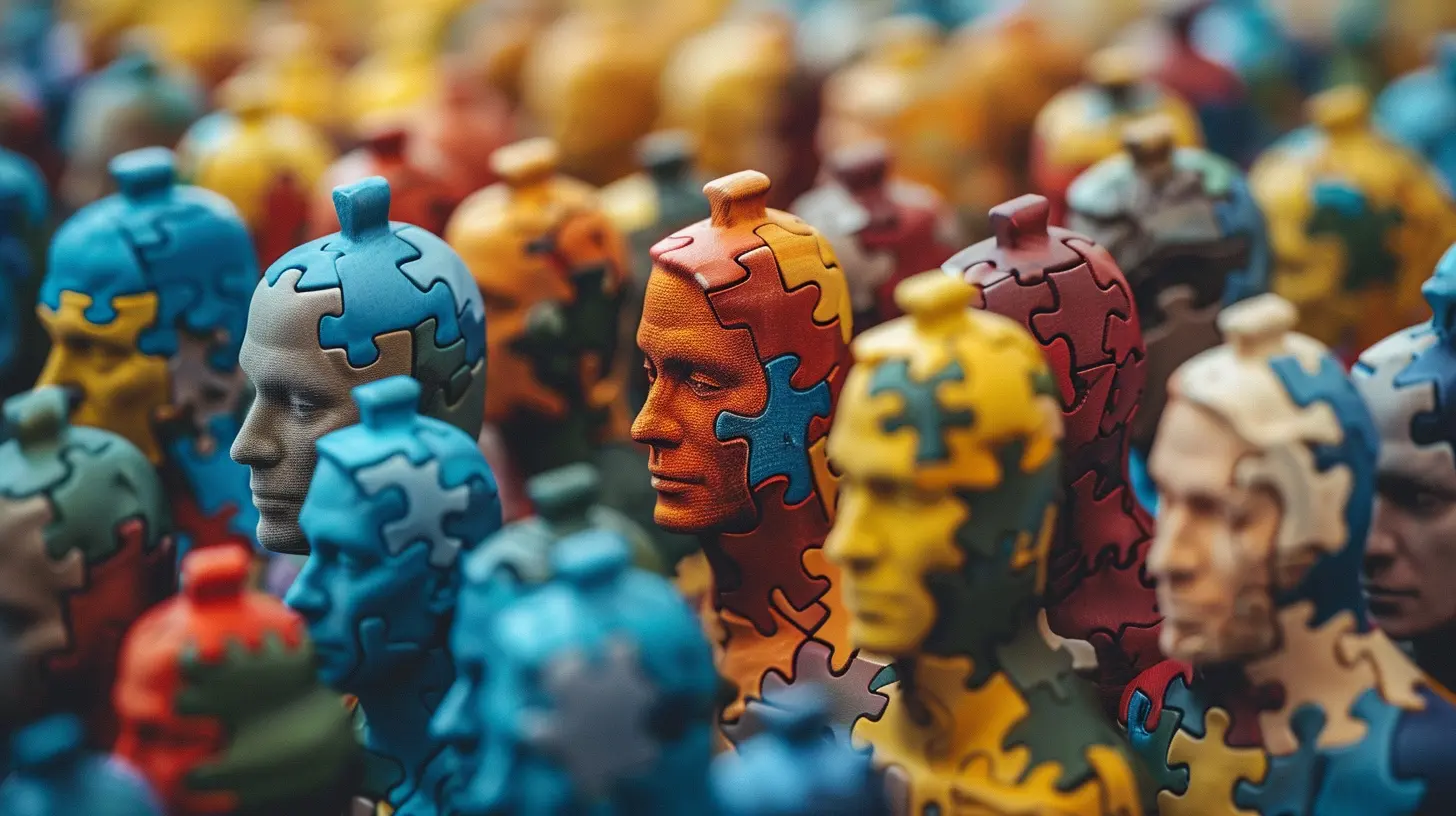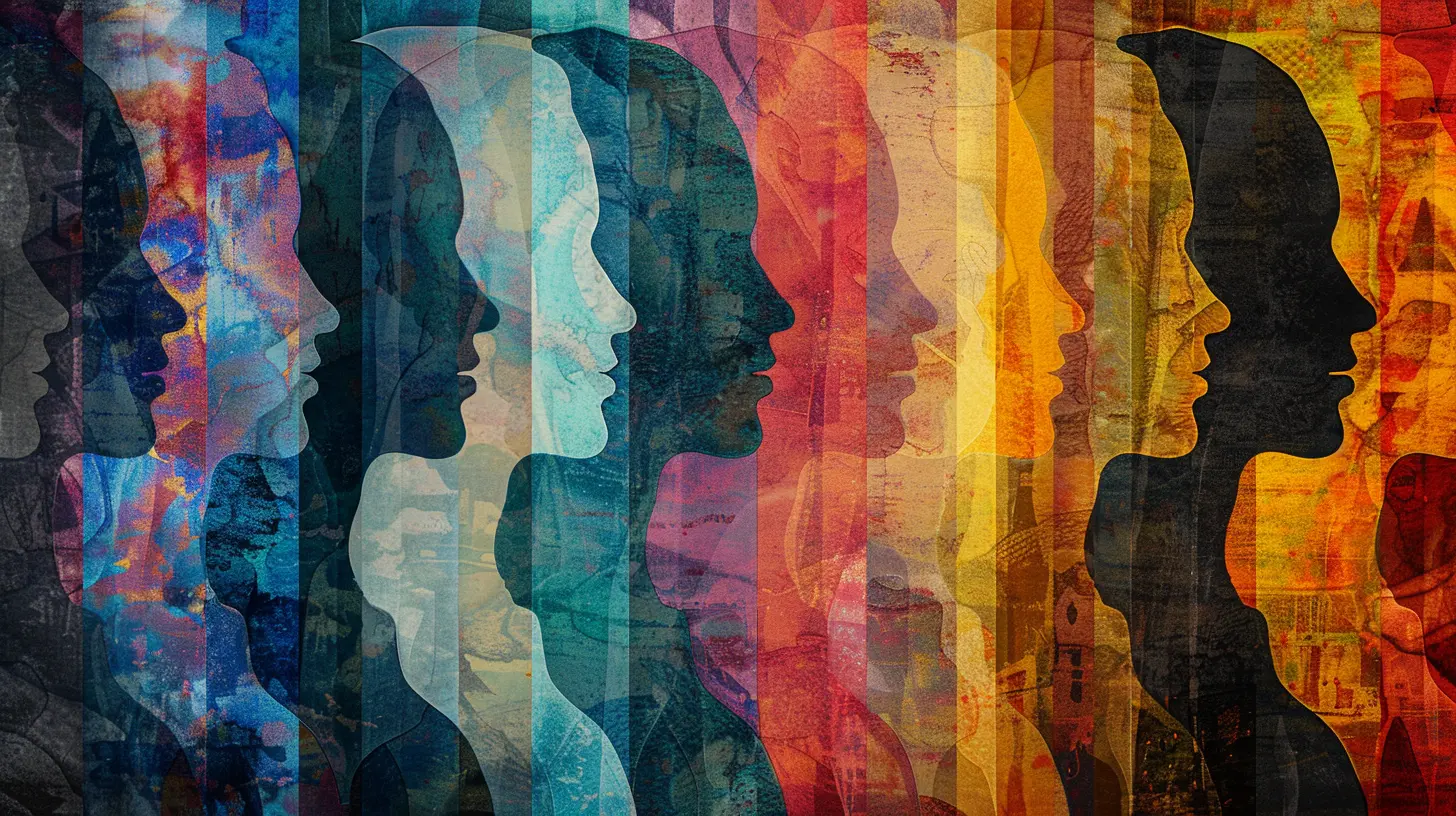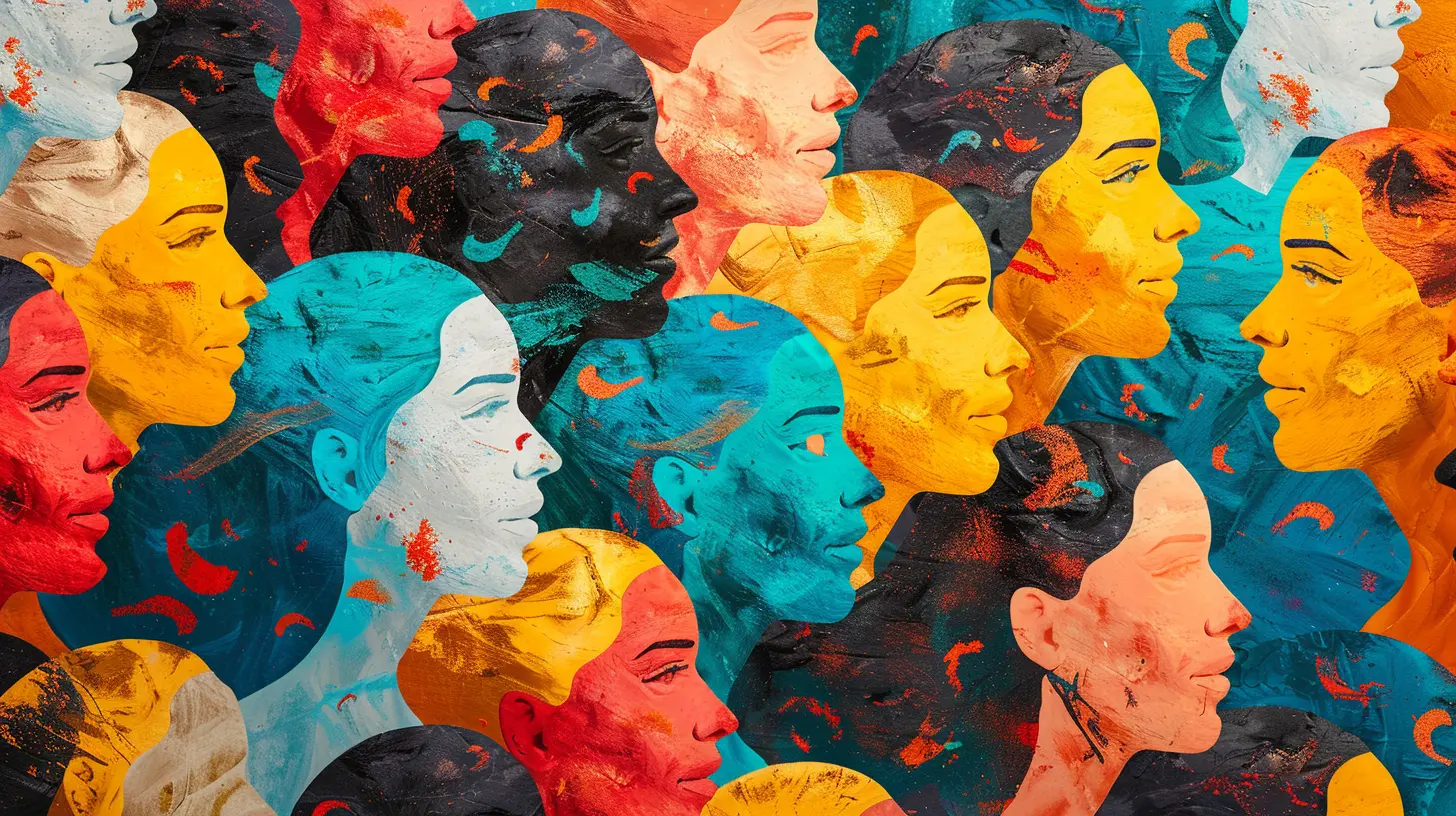How Cultural Norms Influence Mental Health Stigma Around the World
9 May 2025
Mental health is a universal aspect of human life, yet the way people perceive and address it varies dramatically across cultures. Some societies embrace open discussions about mental well-being, while others keep it behind a curtain of silence. But why? The answer lies in deep-rooted cultural norms that shape how mental health is viewed, discussed, and treated.
From the pressure to "save face" in East Asia to the religious perspectives in the Middle East and the hyper-individualistic approach in the West, societal beliefs play a huge role in mental health stigma. Understanding these cultural influences can help us break down barriers, foster empathy, and create healthier conversations around mental well-being.
The Link Between Culture and Mental Health
Culture influences nearly every aspect of our lives—how we think, behave, and even how we perceive illness. Mental health is no exception. In many cultures, mental illness isn't just a medical condition; it's often intertwined with tradition, family values, and societal expectations.But here’s the tricky part: cultural norms can either promote understanding or reinforce stigma. While some societies encourage seeking professional help, others may view mental illness as a sign of weakness or even a spiritual failing. These perceptions impact whether individuals speak openly about their struggles or suffer in silence.
The Power of Cultural Norms
Cultural norms act like an invisible rulebook, dictating what is considered acceptable or shameful. When it comes to mental health, these unwritten rules can either support or suppress open conversations.- In some cultures, talking about mental illness is seen as airing "dirty laundry."
- In others, seeking therapy is considered a strength rather than a flaw.
- Some societies prioritize community healing over individual treatment.
Now, let’s take a journey around the world to see how different cultural beliefs shape the way mental health is perceived. 
Mental Health Stigma in Different Cultures
1. Asia: The Pressure to “Save Face”
In many Asian cultures, the concept of "saving face" is deeply ingrained. Mental illness is often seen as something that brings shame to both the individual and their family. Admitting to anxiety or depression might be perceived as weakness, leading many to suffer in silence rather than seek help.This fear of losing social status results in underreporting of mental health issues. In countries like China and Japan, mental health is still a taboo topic, though awareness is improving. Traditional values emphasize endurance and resilience, sometimes at the expense of mental well-being.
Even therapy is often seen as a last resort. Many individuals turn to herbal remedies or spiritual practices instead of seeking professional treatment. While these methods can be beneficial, ignoring clinical support can lead to prolonged suffering.
2. The Middle East: Religious Interpretations of Mental Health
In many Middle Eastern societies, religious beliefs play a significant role in shaping perceptions of mental illness. Some view conditions like depression or anxiety as tests from a higher power, while others might associate them with a spiritual imbalance or even possession.This belief system can create both positive and negative effects. On one hand, faith-based support systems provide comfort and a sense of community for individuals struggling with mental health challenges. On the other hand, some religious interpretations discourage seeking medical help, instead emphasizing prayer and spiritual healing.
Stigma is particularly prominent when it comes to disorders like schizophrenia or bipolar disorder, which are sometimes misunderstood as a lack of faith rather than medical conditions requiring treatment. Fortunately, awareness campaigns are slowly helping to shift perspectives.
3. The West: Independence and Overmedicalization
In Western countries, mental health stigma exists in a different way. While there is more open dialogue around mental health, there is also a tendency to overmedicalize conditions.Western societies value individualism, meaning that people are often expected to "pull themselves up by their bootstraps." The expectation to be self-sufficient can make some individuals hesitant to seek help, fearing they will be seen as weak or incapable.
At the same time, mental health treatment is widely available, and discussions about therapy have become more normalized. However, issues like over-reliance on medication and the high cost of mental healthcare can create additional barriers.
4. Africa: Community-Based Healing and Misinformation
In many African cultures, mental health is often viewed through a communal lens. Support from extended family and local communities plays a crucial role in emotional well-being.However, stigma can be severe, especially in rural areas where mental illness may be attributed to supernatural causes. Some individuals with conditions like schizophrenia are believed to be possessed or cursed, leading to social isolation or even harmful "treatment" practices by traditional healers.
That said, community-based approaches to healing have their benefits. Many African cultures emphasize collective support, which can be a protective factor against loneliness and isolation. Bridging traditional and modern approaches to mental health care could lead to more effective and culturally sensitive treatment options.
5. Latin America: Family Comes First—But at What Cost?
In Latin American countries, family is everything. While this strong family connection provides emotional and financial support, it can also create an environment where mental health struggles are downplayed.Many Latin cultures place a high value on machismo (for men) and marianismo (for women), reinforcing gender roles that discourage emotional vulnerability. Men, in particular, may feel pressured to suppress emotions, leading to high rates of untreated depression and anxiety.
Additionally, therapy may be viewed as unnecessary if family members are present to offer support. While close-knit families can be a source of resilience, the lack of professional intervention can prevent individuals from getting the help they need. 
The Consequences of Mental Health Stigma
Mental health stigma isn’t just about social judgment—it has real consequences:- Delayed Treatment – Fear of stigma prevents people from seeking early intervention, worsening symptoms over time.
- Social Isolation – Individuals with mental illnesses may withdraw due to cultural shame or rejection.
- Increased Suicide Rates – Cultures with heavy stigma have higher suicide rates due to lack of support.
- Discrimination – Those with mental health conditions may face difficulties finding jobs or maintaining relationships.
Breaking the cycle of stigma starts with education, open conversations, and cultural sensitivity. 
How Can We Reduce Mental Health Stigma Across Cultures?
So, what can we do about it? Culture plays a powerful role in shaping attitudes, but it’s also constantly evolving. Here’s how we can work toward reducing mental health stigma worldwide:1. Encourage Open Conversations
The more we talk about mental health, the more we normalize it. Whether it’s in schools, workplaces, or within families, open discussions help break the silence.2. Integrate Traditional and Modern Approaches
Respecting cultural beliefs while promoting medical treatment can help bridge the gap between tradition and modern healthcare. Destigmatizing therapy while incorporating cultural healing methods may encourage more people to seek help.3. Leverage Media and Influencers
From TV shows to social media influencers, media plays a vital role in shaping perceptions. Positive representation of mental health in entertainment can help challenge stereotypes and spark important discussions.4. Provide Accessible Mental Health Resources
In many countries, mental health services are either too expensive or difficult to access. Investing in affordable mental health care can remove barriers and encourage more people to seek treatment.5. Educate Communities
Awareness campaigns, workshops, and grassroots movements can help communities understand mental health better. When people learn the facts, myths begin to fade.Final Thoughts
Mental health stigma exists everywhere, but it takes different forms depending on cultural norms and societal expectations. Some cultures encourage openness, while others foster silence and shame. By understanding these differences, we can work toward a world where mental health is treated with the same importance as physical health—without fear, judgment, or stigma.It all starts with one conversation at a time. Let’s keep talking.
all images in this post were generated using AI tools
Category:
Mental Health StigmaAuthor:

Ember Forbes
Discussion
rate this article
3 comments
Gianna Torres
Cultural norms shape perceptions of mental health, often perpetuating stigma. It’s time to challenge these outdated beliefs and advocate for understanding and acceptance across all societies, no exceptions.
May 18, 2025 at 4:18 PM

Ember Forbes
Absolutely agree! Challenging outdated beliefs is essential for fostering understanding and acceptance in mental health. Together, we can break the stigma and promote a more inclusive perspective globally.
Zevin Porter
This insightful article highlights the profound impact cultural norms have on mental health stigma globally, emphasizing the need for culturally sensitive approaches to effectively address and reduce such stigma. Great read!
May 13, 2025 at 3:53 AM

Ember Forbes
Thank you for your thoughtful comment! I'm glad you found the article insightful and impactful.
Sybil Patterson
Cultural norms shape our perceptions of mental health, often perpetuating stigma. By acknowledging and challenging these societal beliefs, we can foster a more compassionate understanding, paving the way for healing and acceptance.
May 12, 2025 at 4:24 PM

Ember Forbes
Thank you for your insightful comment! You're absolutely right; challenging cultural norms is crucial for reducing stigma and promoting a more compassionate understanding of mental health.



